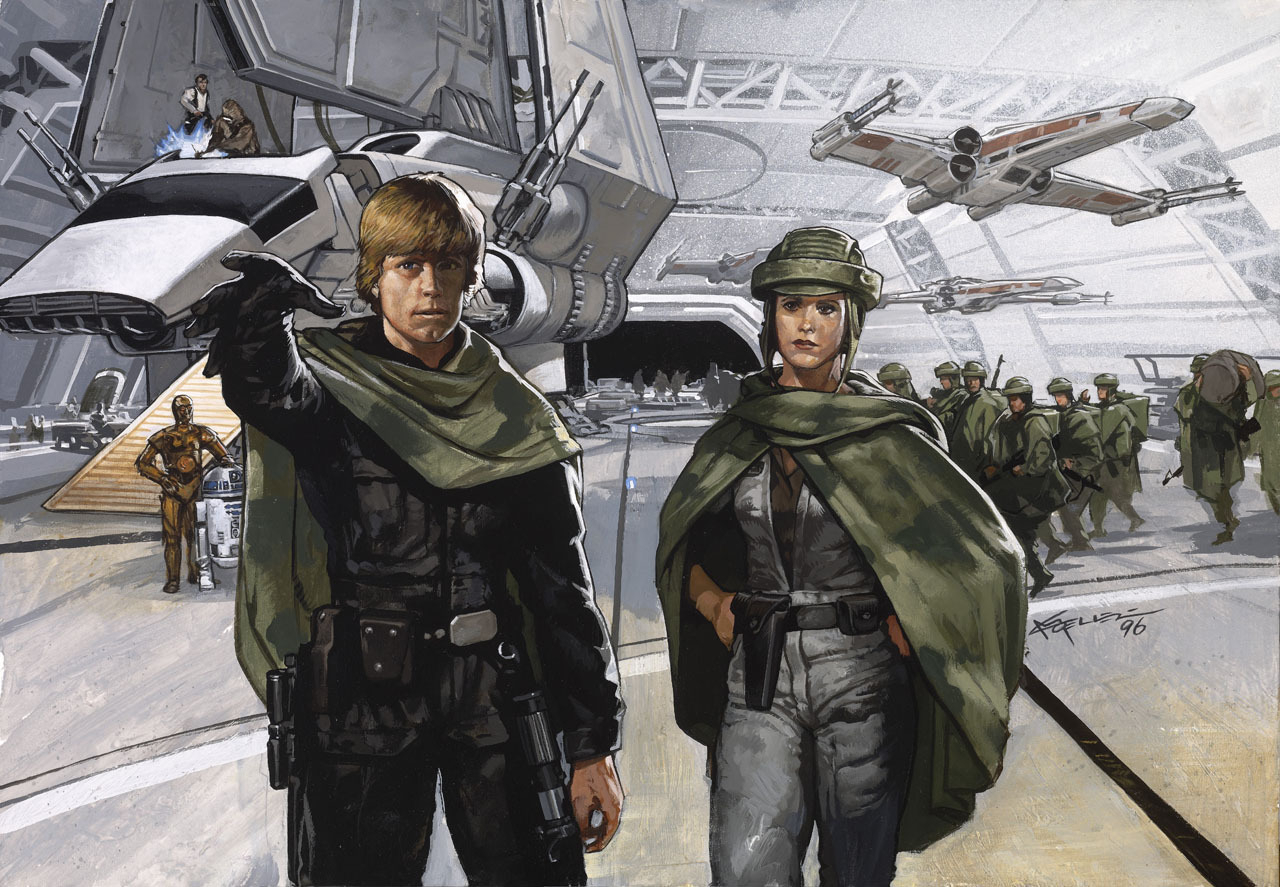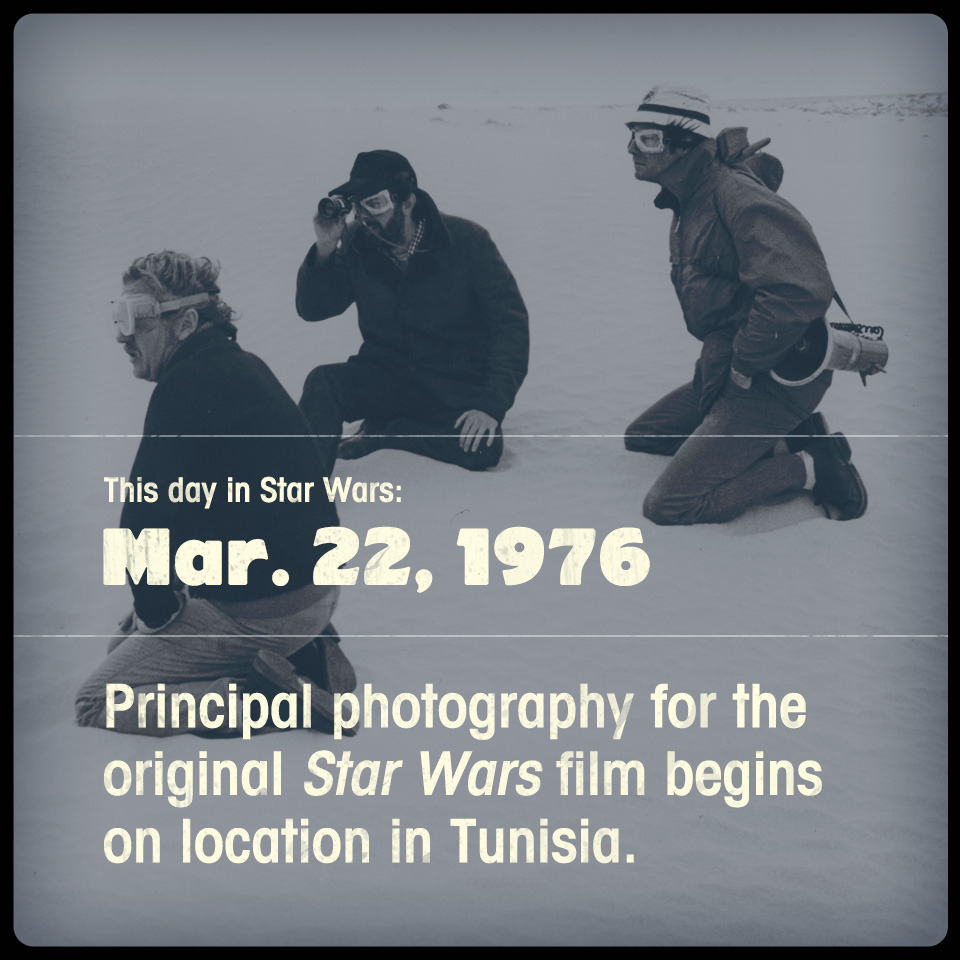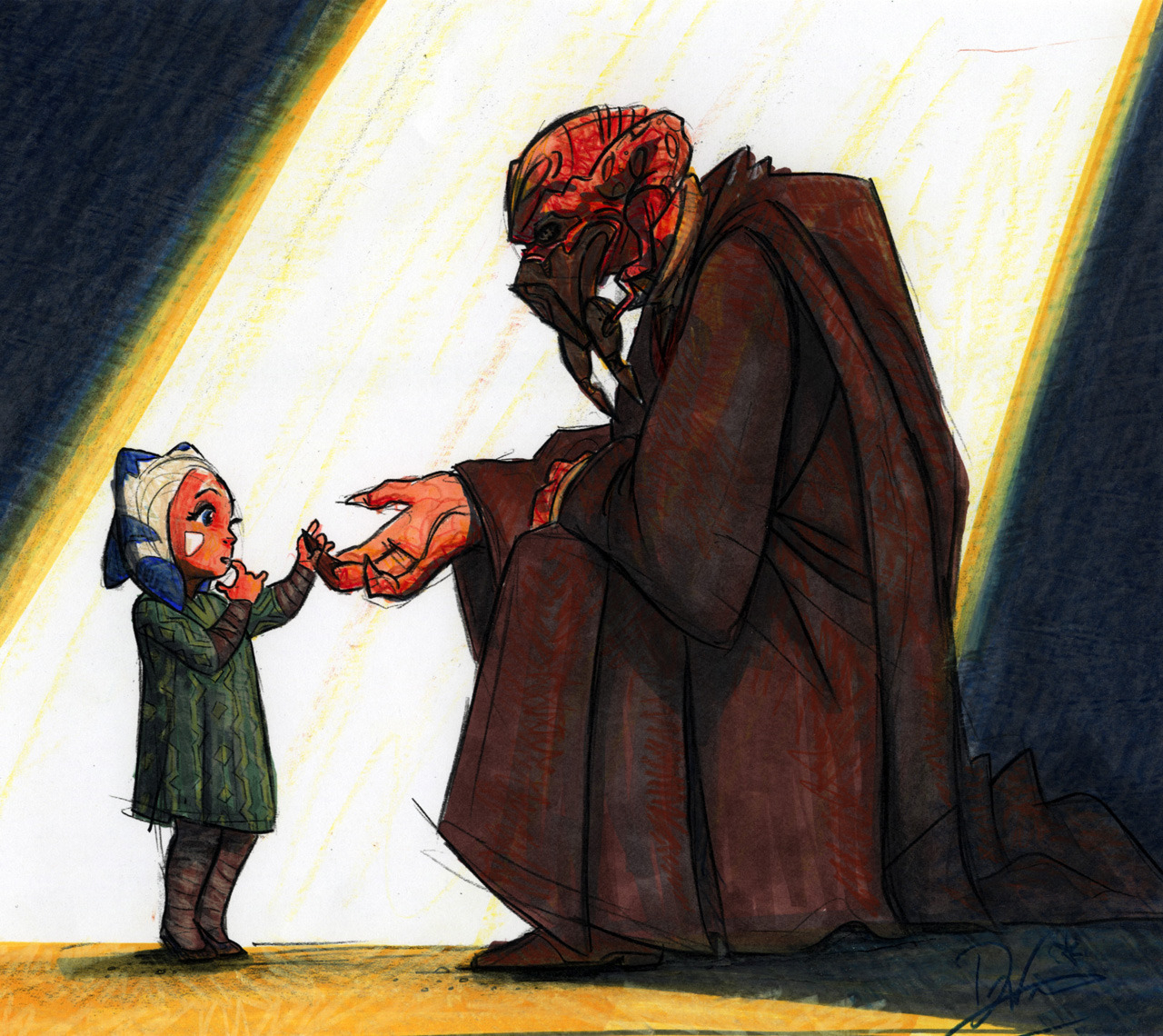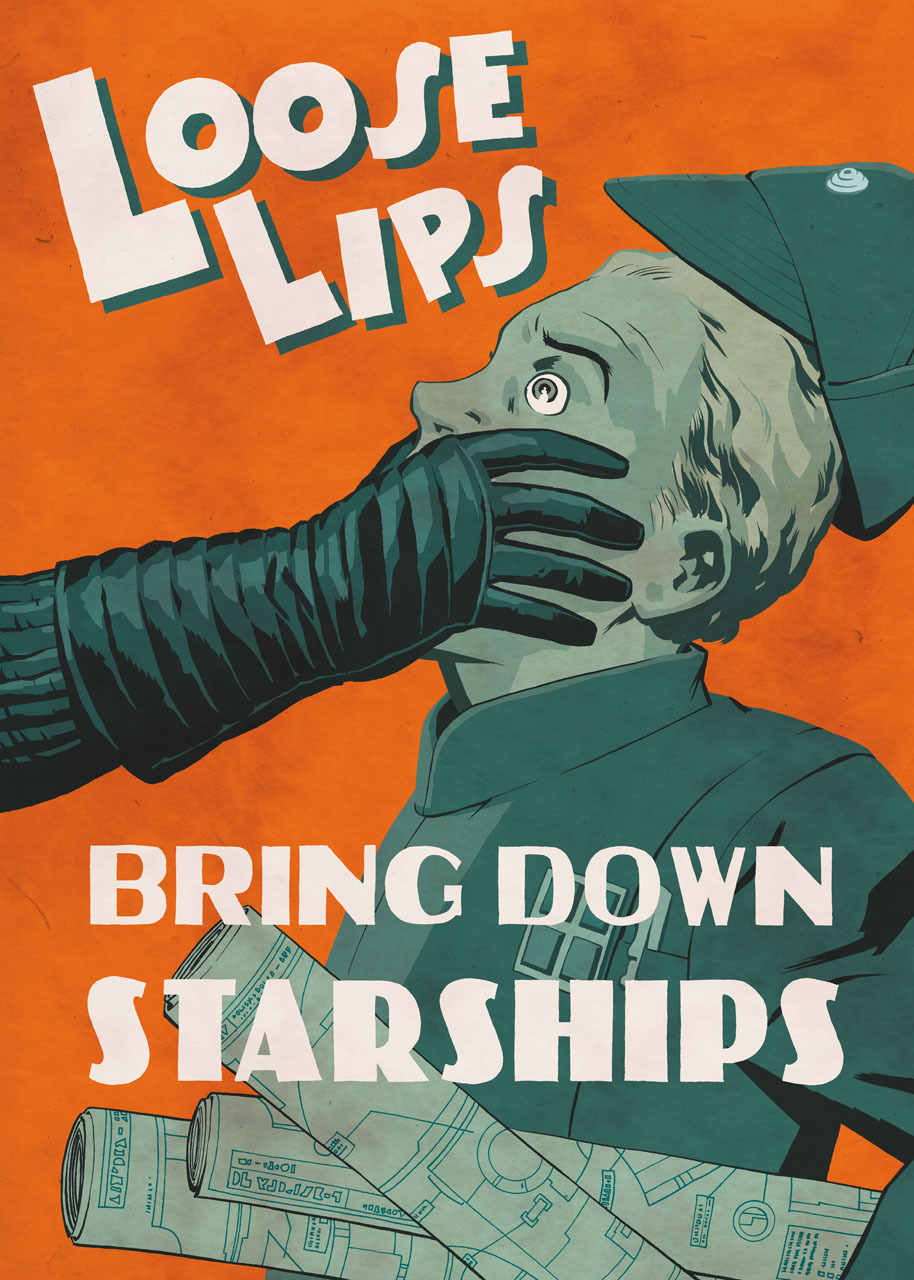Tumblr
Photo credit: Muhammed Muhelsin/AP
Caption: AP photojournalist Muhammed Muheisen continues to document the daily life of the poor and dispossessed in Pakistan with a compassionate and gentle eye. Here Afghan refugee children play on wooden carts on the outskirts of Islamabad.
Found at The Guardian.

Here’s your first look at the cover of William Shakespeare’s The Jedi Doth Return by Ian Doescher.
I haven’t finished the first one, but I’ve loved it so far. And yes, I’ve even been reading some of it aloud, when no one’s around. The Empire Striketh Back should arrive soon, and this one’s already been pre-ordered.

Dumb — Shawn Blanc
My analog watches are my reminder that utility exists apart from an internet connection and usefulness doesn’t require the latest software.
I love my analog watches. I wear one every day, and feel like something vital is missing if I’m not. It’s not as bad as if I took off my wedding ring, but it’s close.
Karwendel Night Sky by _flowtation on Flickr.

If we’re to take the “collective right” explanation on its face, then the Second Amendment created a right that the states are powerless to execute, that the Federal government has no duty to provide, and that would be useless and oxymoronic if the latter did so anyway. If one spends five minutes thinking about the “collective right” theory, it quickly becomes apparent that the individual right is the only one that can possibly function appropriately, and is thus the only right that the amendment was ever intended to protect. To put it bluntly, the “collective right” approach makes no sense.
[youtube www.youtube.com/watch
Jimmy & The Muppets Say Goodbye To “Late Night” (w/ “The Weight” from “The Last Waltz”) (by Late Night with Jimmy Fallon)
I didn’t want to like Jimmy Fallon. I didn’t. But then I realized I was totally wrong, and this guy was awesome.
Because Muppets.
Rhea and Titan together, taken by Cassini on December 10, 2011, processed by Gordan Ugarkovic
That’s stunning.

[youtube www.youtube.com/watch
What happens when Ice Cube, Kevin Hart, and Conan O'Brien share a Lyft car?
Anything Goes
No time for love, Doctor Jones.
Because it’s Indiana Jones, that’s why.

“I love that she’s unapologetically badass. There’s no back-story trying to explain something horrible that happened to her that explains who she is. No, that’s just who she is. She just is this person; no explanation needed. Just like men—when a male character comes on screen and is a badass, you just accept it. And I’m hoping that’s what fans do with Rosa. She is who she is and she just doesn’t give a shit.”- Stephanie Beatriz on her character, Rosa Diaz, in Brooklyn Nine-Nine
I may need to watch this.
One of the few shows I’m actually actively watching, and it’s actually a family show.
Yes, you should watch this. Diverse cast, non-traditional roles, humor from character, not from cliché.
My opinion, of course; YMMV.
I wasn’t sure I was going to make it with this show. The first couple of episodes were very rough. But it seems to have found its groove, and I find myself laughing more as the season has progressed.
And Stephanie’s character is my absolute favorite, followed closely by Andre Braugher’s.





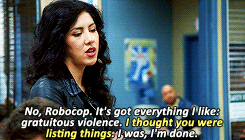

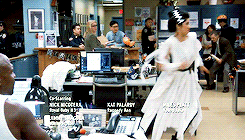
Opt out of Dropbox's arbitration clause
Opt out of Dropbox's arbitration clause
If you’re a Dropbox user, you probably got an email in the last few days about an update to their TOS that basically puts all disputes into arbitration rather than litigation.
If you’re like me, you probably glossed over this update because gah, legalese.
Allow me to summarize what it means when a company wants to handle all disputes in arbitration:
No matter what they do (delete your data, privacy breach, overcharging, whatever), you don’t get to sue. Instead, THEY get to choose the arbitrator according to whatever criteria they want, and thus any dispute is decided by someone they’re paying.
Also, you can’t join a class-action suit against them. Which sounds like no big deal, but when a company takes advantage of a bunch of people all in the same small way (incorrectly assessing a service charge, for example), class action is how companies are made to clean up their act en masse, instead of waiting for thousands of people to call them up and demand their $20 back or whatever.
I love Dropbox and use/recommend it enthusiastically. But this is a company that we entrust with some of our most important data- the kind of data we need to have access to wherever we are. Family photos, portfolios, projects representing years of work, etc. And as we’ve seen with Google buying Nest, even if we trust the management team in charge of our data right now, that’s not guaranteed in the future. Founders move on to other things. Companies with great products get acquired. Business decisions get made that change the direction of the company.
The agreement we make with Dropbox is too important to be enforced only by an arbitrator of their choosing. You have 30 days from the date of notification to opt out of the arbitration clause. Do it now.
Fellow Dropbox users, Tiffany does a wonderful job summing things up on this. Follow that link and opt out.

